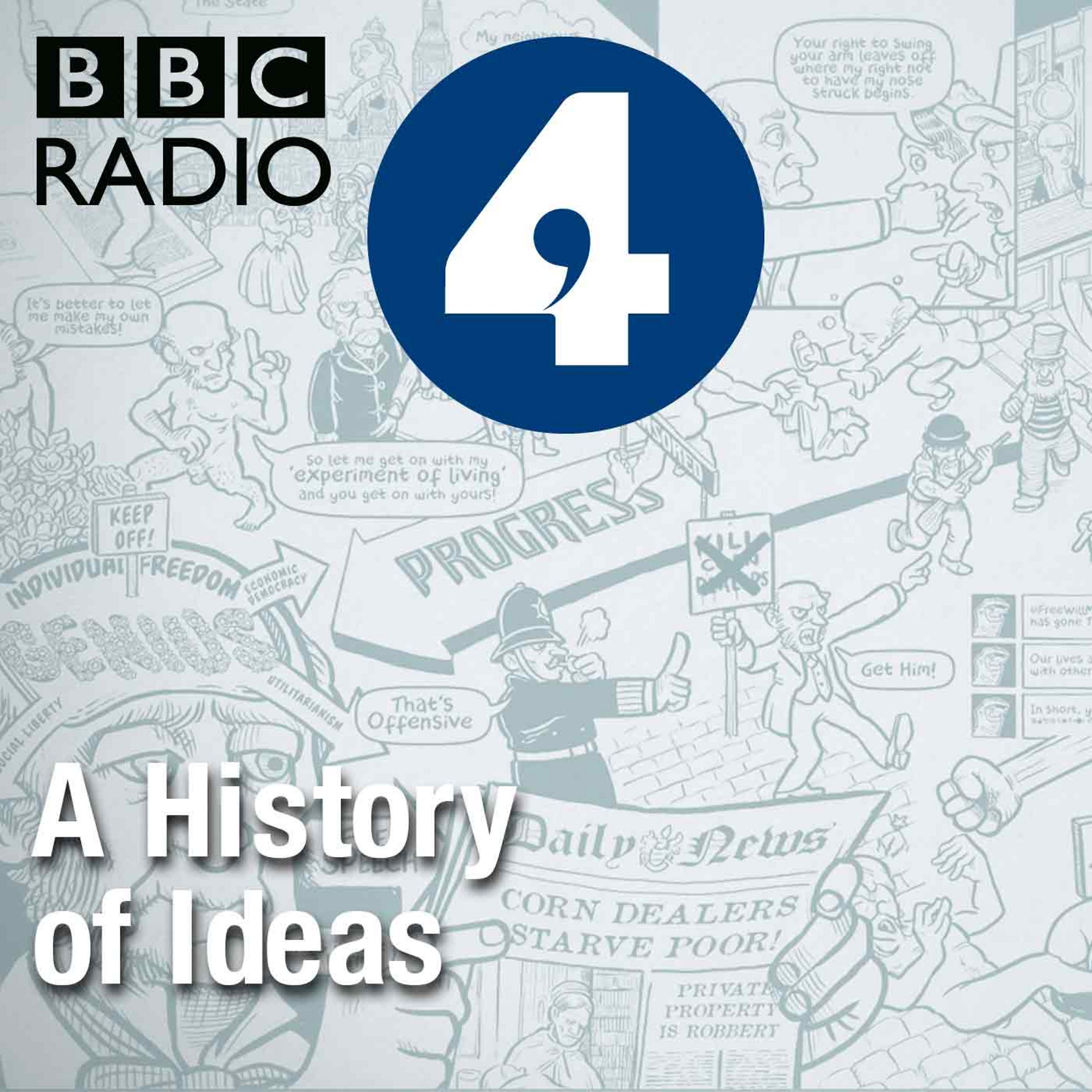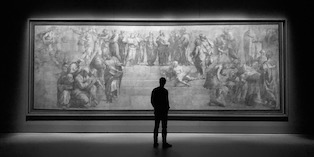Podcast Profile: A History of Ideas
 Site • RSS • Apple Podcasts
Site • RSS • Apple Podcasts60 episodes
2014 to 2015
Median: 12 minutes
Collection: Philosophy

 Site • RSS • Apple Podcasts
Site • RSS • Apple PodcastsDescription (podcaster-provided):
Melvyn Bragg and guests discuss the work of key philosophers and their theories.Themes and summary (AI-generated based on podcaster-provided show and episode descriptions):
➤ History of philosophy and big questions • knowledge, perception, consciousness, personal identity • love, altruism, parenting • justice, law, political society • morality, conscience, virtue, brain science • technology and humanity • origins: religion, cosmology, mythsThis podcast explores major philosophical questions by combining historical accounts of influential thinkers with conversations that connect those ideas to contemporary life. Episodes typically centre on a “big question” and then examine how different philosophical traditions, and sometimes scientific or legal frameworks, have tried to answer it. The approach is interdisciplinary, bringing in philosophers alongside practitioners such as scientists, lawyers, historians, theologians, psychologists, writers, and medical professionals.
Across the series, recurring themes include how knowledge is justified and tested, how perception relates to reality, and whether language clarifies or distorts problems about mind and meaning. The podcast also returns often to questions of selfhood and consciousness: what it means to be a person over time, what role memory plays in identity, and how unconscious processes or existential freedom shape the individual.
Ethics and public life form another core strand. Discussions consider how people decide right from wrong, the place of conscience and moral intuition, and how moral philosophy interacts with law, punishment, rights, and political authority. Related episodes address social cohesion, toleration, economic life, and the moral assumptions embedded in markets, work, and civic institutions.
A further set of programmes looks at human nature and change over time, including evolution, classification of humans among other animals, the role of language, and the influence of tools and modern technology on bodies, minds, and social behaviour. Broader metaphysical and cosmological questions also appear, contrasting scientific accounts of origins with theological arguments and creation myths from different cultures.